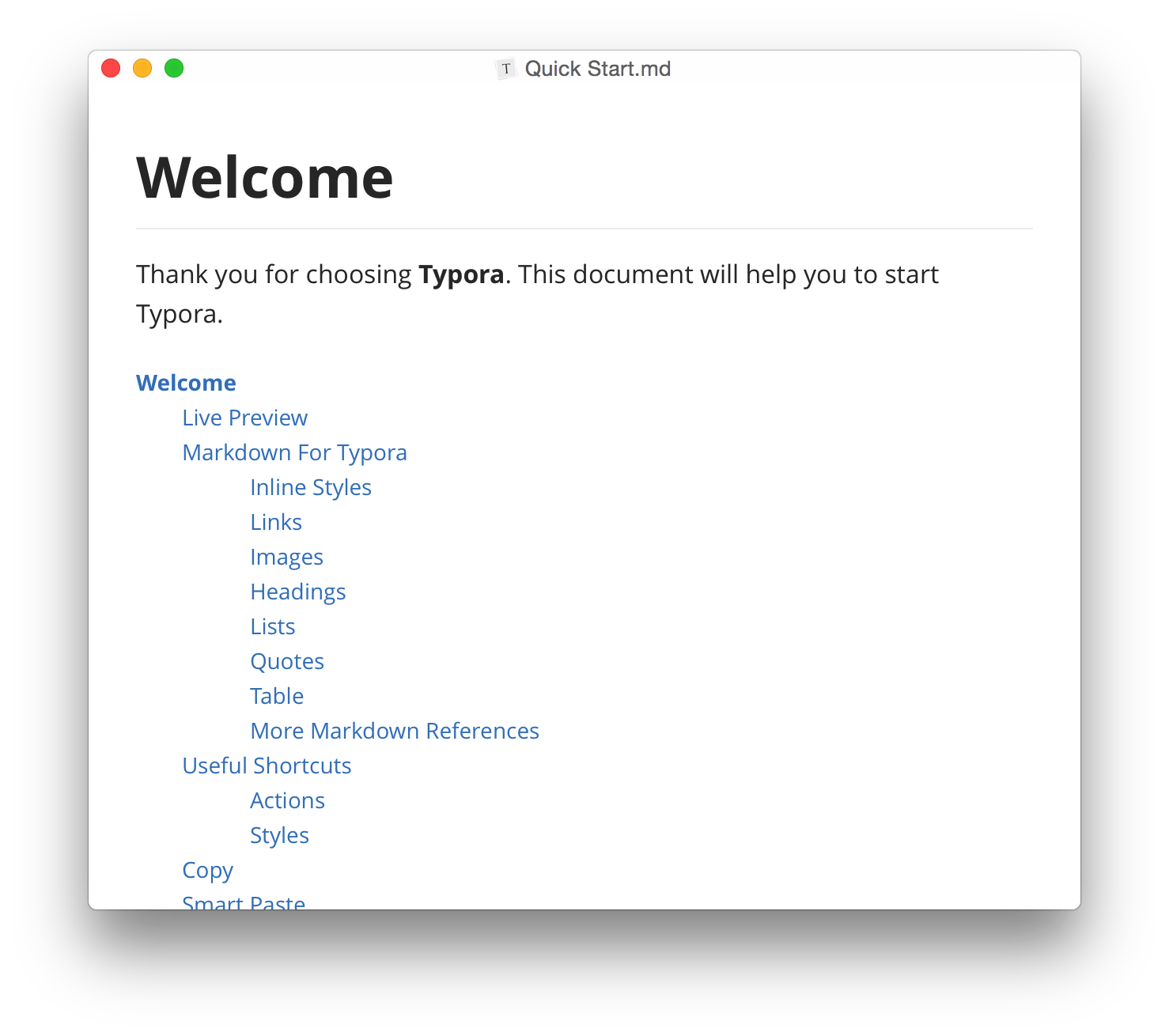- I write/edit a lot of YAML syntax files, and syntax highlighting really helps determine where I have syntax errors in a YAML file. Recently I've added two contributors who are not too familiar with computer programming, so it's important they have syntax highlighting to figure out where the errors are.
- Here are the examples of the python api yaml.reader.YamlReader.NON_PRINTABLE taken from open source projects. By voting up you can indicate which examples are most useful and appropriate. By voting up you can indicate which examples are most useful and appropriate.

The right way to handle YAML in Go November 29, 2014. Go's standard library includes the ability to serialize and deserialize structs as JSON.While Go doesn't have a native library for YAML, go-yaml can be used to accomplish the same thing. However, if you are trying to support both JSON and YAML, several issues arise when using go-yaml and Go's JSON library together.
Im trying to install pyYAML from source on windows 10. I downloaded PyYAML 3.11 from https://pypi.python.org/pypi/PyYAML. When I run setup.py I get error: [WinError 2] The system cannot find the file specified. How to fix it?
Vadim Kotov4 Answers
Download the wheel from http://www.lfd.uci.edu/~gohlke/pythonlibs/#pyyaml that suits your need (Python version, 32/64 bit).
$ pip3 install PyYAML-3.11-cp35-none-win32.whl
You will need to install many dependencies to get a proper build environment setup in Windows.
To make your life easy, there are use the windows installers (the .exe files) that correspond to your version of Python (so if you have installed 32 bit Python on 64bit Windows, use the 32bit installers).
The installers are listed on the PyPi index page for PyYAML.
The only drawback is that these installers will not work correct in a virtual environment, so you'll have to install them against the base version of Python.
Burhan KhalidBurhan KhalidI install PyYAML following these steps:
Adobe Reader For Mac
- clone or download https://github.com/yaml/pyyaml
- open cmd and
cdto the downloaded path - execute
python setup.py installas README in the repo says
Download suitable(Python version, 32/64 bit) .exe file from http://pyyaml.org/wiki/PyYAML, then double click it to install PyYAML to your Windows 10 PC following the wizard window.
Not the answer you're looking for? Browse other questions tagged pythonwindowspyyaml or ask your own question.
PermalinkJoin GitHub today
GitHub is home to over 40 million developers working together to host and review code, manage projects, and build software together.
Sign upJava Yaml
| #!/usr/bin/python |
| ######################################################################### |
| # # |
| # This script is meant to convert the csv file containg the OSX/iOS # |
| # artifacts into a yaml artifact page # |
| # # |
| # Author: Pasquale Stirparo (@pstirparo) # |
| # # |
| # This work is licensed under the GNU General Public licensed # |
| # # |
| ######################################################################### |
| import sys |
| import os |
| import csv |
| import argparse |
| from datetime import date |
| __author__ ='@pstirparo' |
| __version__='0.2' |
| __location__ ='https://github.com/pstirparo/mac4n6' |
| __ref1__ ='http://forensicswiki.org/wiki/Mac_OS_X' |
| __ref2__ ='http://forensicswiki.org/wiki/Mac_OS_X_10.9_-_Artifacts_Location' |
| flag_openrow =False |
| defwrite_artifact(artifact, yamlF): |
| yamlF.write('name: '+ artifact['name'] +'n') |
| yamlF.write('doc: '+ artifact['doc'] +'n') |
| yamlF.write('sources:n') |
| yamlF.write('- type: FILEn') |
| #yamlF.write(' attributes:n') |
| tmp = artifact['paths'].split(',') |
| ifint(len(tmp)) >1: |
| yamlF.write(' attributes:n') |
| yamlF.write(' paths: n') |
| for path in tmp: |
| yamlF.write(' - ''+ path +''n') |
| else: |
| yamlF.write(' attributes: ') |
| yamlF.write('{paths: [''+ artifact['paths'] +'']}n') |
| yamlF.write('labels: ['+ artifact['labels'] +']n') |
| yamlF.write('supported_os: [Darwin]n') |
| ifint(len(artifact['urls'])) >0: |
| yamlF.write('urls: [''+ artifact['urls'] +'']n') |
| yamlF.write('---n') |
| defmain(): |
| global flag_openrow |
| artifact = {} |
| artifacts_counter, locations_counter =0, 0 |
| parser = argparse.ArgumentParser() |
| parser.add_argument('-i', '--input', dest='csv_input', default=False, help='CSV Artifacts file to be converted into YAML', metavar='') |
| iflen(sys.argv) 1: |
| parser.print_help() |
| sys.exit(1) |
| try: |
| args = parser.parse_args() |
| except: |
| parser.print_help() |
| sys.exit(0) |
| csv_file = args.csv_input |
| yaml_file = os.path.splitext(csv_file)[0] +'.yaml' |
| withopen(yaml_file, 'w+') as yamlF: |
| yamlF.write('# Mac OS X (Darwin) specific artifacts.n') |
| yamlF.write('# mac4n6: '+ __location__ +'n') |
| yamlF.write('# Reference: '+ __ref1__ +'n') |
| yamlF.write('# Reference: '+ __ref2__ +'n') |
| yamlF.write('# Last update: '+ date.today().isoformat() +'nn') |
| withopen(csv_file, 'rU') asfile: |
| reader = csv.reader(file, delimiter=',') |
| #skip the first 3 lines of the csv file |
| for i inrange(3): |
| next(reader) |
| for row in reader: |
| iflen(row) >0: |
| ifint(len(row[0])) >1andint(len(row[1])) >1: |
| #Check if current row is the intermediate section header and skip |
| if row[0] 'Artifact'and row[1] 'Name': |
| continue |
| if flag_openrow True: |
| write_artifact(artifact, yamlF) |
| flag_openrow =False |
| artifact['name'] = row[1] |
| artifact['doc'] = row[0] |
| artifact['paths'] = row[3] |
| artifact['labels'] = row[2] |
| artifact['urls'] = row[5] |
| flag_openrow =True |
| artifacts_counter+=1 |
| locations_counter+=1 |
| elifint(len(row[0])) 1: |
| artifact['paths'] = artifact['paths'] +','+ row[3] |
| locations_counter+=1 |
| if flag_openrow True: |
| write_artifact(artifact, yamlF) |
| yamlF.write('# Total Artifacts: '+str(artifacts_counter) +'n') |
| yamlF.write('# Total Locations: '+str(locations_counter) +'n') |
| if__name__'__main__': |
| main() |
Yaml Parser Mac
Copy lines Copy permalink